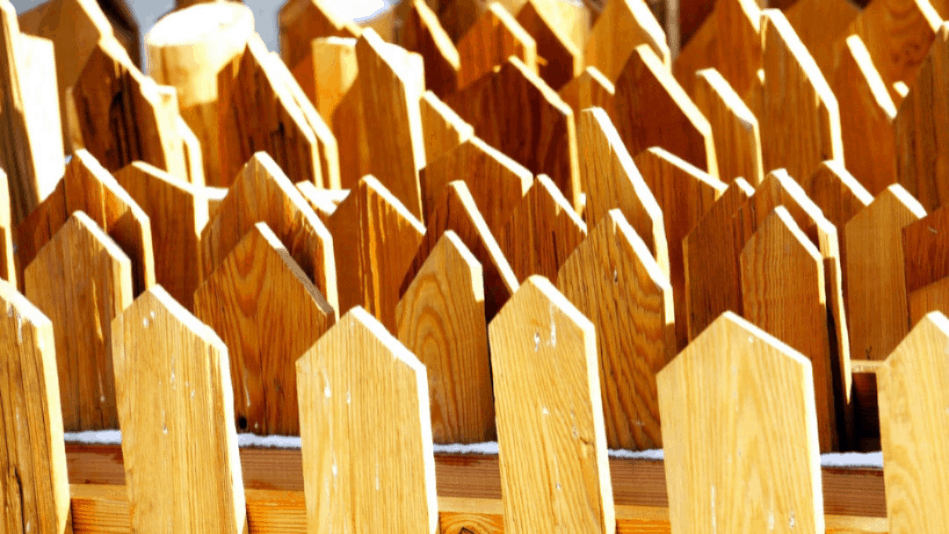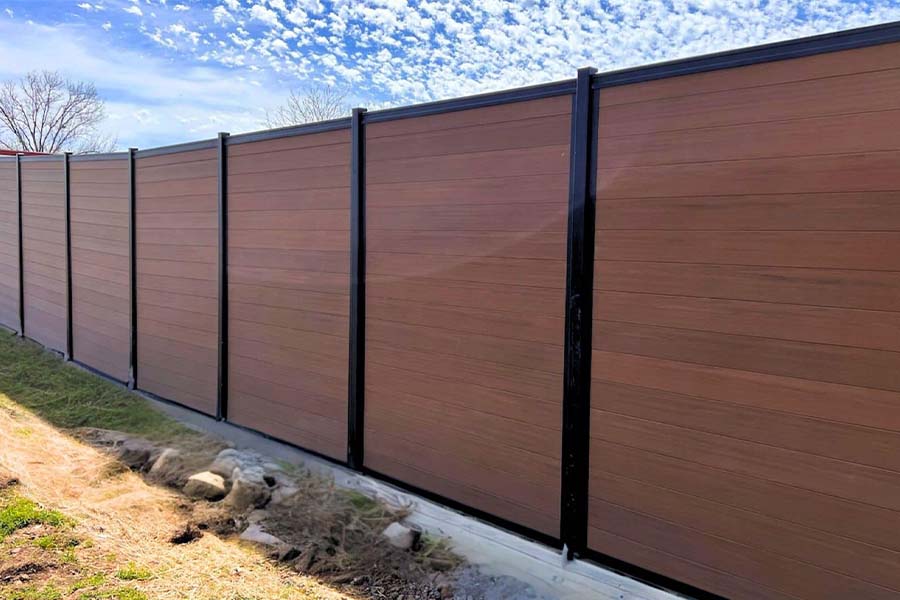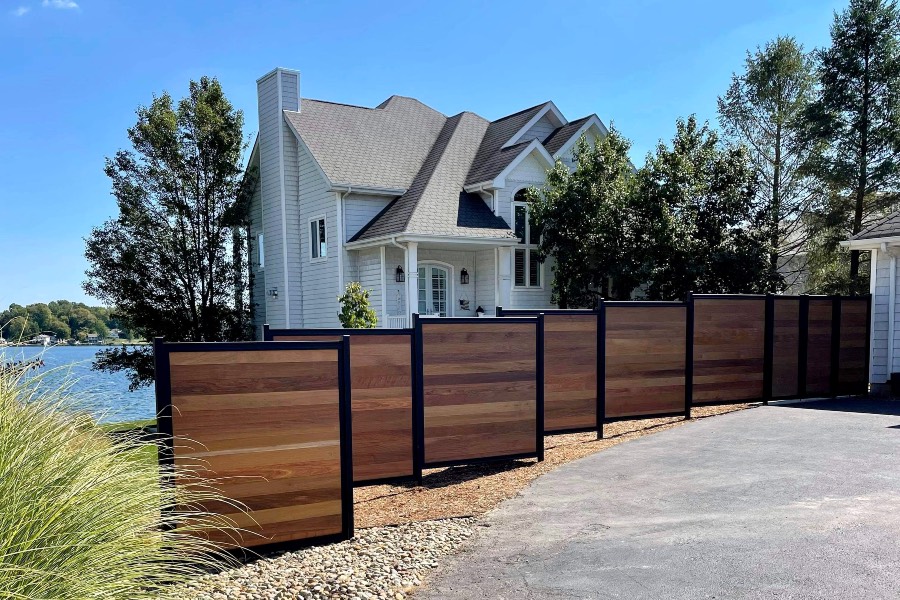All Categories
Featured

Selecting the appropriate secure fencing material is crucial for achieving the equilibrium of toughness, appearances, and performance that suits your building. Wood, plastic, and light weight aluminum are popular options, each with one-of-a-kind features that satisfy particular demands. Here's a comprehensive check out the benefits and drawbacks of these 3 products.
Timber Fence. Pros:. Classic Charm: Timber supplies a natural, timeless look that matches various architectural styles. Customizable: It can be painted or stained in a range of designs and colors. Budget friendly: Timber fences are frequently more affordable in advance than plastic or light weight aluminum. Eco-Friendly: As a renewable energy, wood is naturally degradable and lasting when sourced properly. Cons:. Maintenance-Intensive: Needs normal discoloration, paint, or securing to secure versus weather and insects. Shorter Lifespan: Depending upon the type of timber and environment, it normally lasts 10-15 years. Vulnerability to Damages: Prone to rotting, bending, and termite damages without appropriate care. Wood is perfect for house owners that value aesthetic appeals and agree to invest effort and time in maintenance to prolong its life.
Vinyl Fence. Pros:. Resilient: Resistant to bugs, rot, and weather, vinyl maintains its framework in extreme conditions. Low Upkeep: Needs little upkeep beyond periodic cleansing. Lengthy Life-span: Plastic can last 20-30 years without significant wear or damage. Functional Designs: Available in various shades, appearances, and designs, consisting of alternatives that resemble timber. Cons:. Expensive Installment: Plastic fences are much more pricey to set up compared to wood. Fragile in Winter: Vinyl can break in extreme cold climates. Challenging to Fixing: If damaged, entire sections might need replacement, which can be challenging to match. Vinyl secure fencing is a fantastic selection for those focusing on durability and very little maintenance, also if it features a higher upfront cost.

Aluminum Fencing. Pros:. Rust-Resistant: Light weight aluminum does not rust, making it excellent for wet or moist areas. Strong but lightweight: Deals strength without being extremely hefty, which simplifies setup. Low Upkeep: Calls for little bit greater than cleansing and occasional repainting. Longevity: Light weight aluminum fencings can last for decades without substantial wear and tear. Classy Designs: Commonly made use of for decorative purposes, light weight aluminum adds elegance to any kind of home. Cons:. High Preliminary Price: Light weight aluminum fencings are amongst the a lot more costly choices. Limited Personal privacy: Commonly created with open spaces, they don't block views or noise. Susceptible to Dents: While sturdy, light weight aluminum can be dented or curved with hefty impact. Aluminum is best fit for those that desire a durable, fashionable fencing and do not call for full privacy.
Making the Right Selection. Each product has its weaknesses and staminas:

Timber is ideal for eco-conscious customers and typical aesthetic appeals that do not mind upkeep. Vinyl helps homeowners seeking a weather-resistant, low-maintenance solution. Light weight aluminum is a resilient, decorative choice for those that want elegance and longevity. Consider your concerns-- whether it's expense, maintenance, appearance, or privacy-- and speak with a fencing professional to pick the product that finest meets your demands. A well-selected fence will certainly boost your building for years ahead.
Latest Posts
Don’t Miss Limited-Time Auto Repair Specials in Chicago at Montclare Auto Repair
Published May 28, 25
1 min read
Explore Save Big on Car Maintenance with Montclare Auto Repair’s Limited-Time Deals
Published May 28, 25
1 min read
Explore the Premier Auto Repair Deals in Montclare, Chicago
Published May 25, 25
1 min read
More
Latest Posts
Don’t Miss Limited-Time Auto Repair Specials in Chicago at Montclare Auto Repair
Published May 28, 25
1 min read
Explore Save Big on Car Maintenance with Montclare Auto Repair’s Limited-Time Deals
Published May 28, 25
1 min read
Explore the Premier Auto Repair Deals in Montclare, Chicago
Published May 25, 25
1 min read